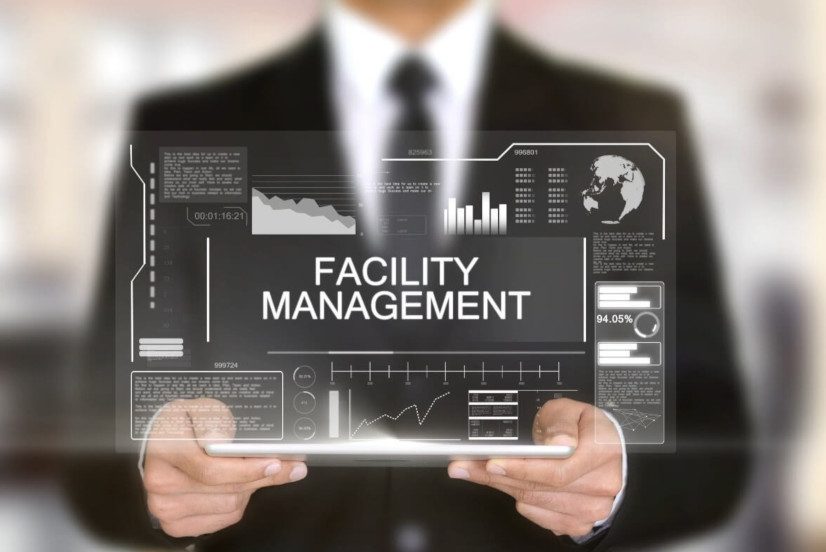Facility management is an essential component of any organization, encompassing a wide range of activities designed to ensure that buildings, infrastructure, and services are optimally maintained and managed. Selecting the right resources for facility management is crucial for maximizing efficiency, enhancing productivity, and improving overall operational effectiveness. The resources involved in facility management can be classified into several categories: human resources, technological resources, financial resources, and physical resources. Each category plays a vital role in creating a functional and sustainable environment for employees, clients, and visitors alike.
Human resources are the backbone of any facility management operation. A skilled team is necessary for the successful execution of facility management tasks. This team typically includes facility managers, maintenance staff, custodial personnel, security personnel, and administrative support. Each of these roles requires specific training and expertise, highlighting the importance of investing in employee development. Providing ongoing training ensures that staff members stay current with industry standards, regulations, and best practices, which is essential for maintaining a safe and efficient facility. Moreover, a well-structured organizational chart can help delineate responsibilities, improve communication, and foster collaboration among team members.
Technological resources have revolutionized facility management in recent years. The integration of technology into facility operations can lead to significant improvements in efficiency and cost-effectiveness. For instance, computerized maintenance management systems (CMMS) streamline work order processes, inventory management, and preventative maintenance scheduling. These systems enable facility managers to track maintenance tasks, monitor equipment performance, and analyze data to identify trends and areas for improvement. Furthermore, smart building technologies, such as Internet of Things (IoT) devices, allow for real-time monitoring of energy consumption, temperature, and air quality, enabling managers to make informed decisions that enhance occupant comfort while reducing operational costs.
Financial resources are another critical aspect of facility management. Developing a comprehensive budget is essential for ensuring that all facility-related expenses are accounted for and managed effectively. This budget should include not only routine operating expenses, such as utilities, maintenance, and janitorial services but also capital expenditures for long-term projects, like renovations or equipment upgrades. Proper financial planning allows facility managers to allocate resources efficiently, ensuring that funds are available when needed. Additionally, facility managers should regularly review and analyze financial data to identify areas where cost savings can be achieved without compromising service quality.
Physical resources encompass the actual buildings, equipment, and materials necessary for facility management. Proper management of these resources is essential for maintaining a safe and efficient working environment. This includes everything from the physical layout of the facility to the condition of equipment and furnishings. Regular inspections and maintenance of physical assets can prevent costly repairs and ensure compliance with safety regulations. In addition, selecting high-quality materials and equipment can lead to long-term savings by reducing the frequency of repairs and replacements.
Sustainability is an increasingly important consideration in facility management. Organizations are recognizing the need to minimize their environmental impact while maximizing operational efficiency. This shift towards sustainable practices often involves selecting resources that align with environmental goals, such as energy-efficient lighting, HVAC systems, and water-saving fixtures. Implementing recycling programs, reducing waste, and utilizing sustainable building materials can also contribute to a more sustainable facility. By prioritizing sustainability in resource selection, facility managers can not only reduce costs but also enhance the organization’s reputation and commitment to corporate social responsibility.
Vendor relationships play a crucial role in facility management as well. Selecting the right vendors for services such as maintenance, cleaning, landscaping, and security is essential for ensuring high-quality service delivery. Establishing strong partnerships with vendors can lead to better pricing, reliable service, and improved responsiveness. Facility managers should carefully evaluate potential vendors, considering factors such as experience, reputation, service offerings, and pricing structures. A thorough vetting process can help ensure that the selected vendors align with the organization’s goals and standards.
Moreover, communication and collaboration are essential for effective facility management. Facility managers must communicate effectively with various stakeholders, including employees, clients, and upper management. Regular updates on facility operations, maintenance schedules, and any changes in policies or procedures can help foster a culture of transparency and trust. Additionally, involving employees in decision-making processes related to facility management can lead to valuable insights and a sense of ownership among staff members. Encouraging feedback from employees about their experiences within the facility can help identify areas for improvement and enhance overall satisfaction.
Data analytics is an invaluable resource for facility management. By leveraging data analytics tools, facility managers can gain insights into operations, enabling them to make data-driven decisions. For instance, analyzing occupancy patterns can help optimize space utilization, while monitoring energy consumption can identify opportunities for efficiency improvements. Data analytics can also assist in predicting maintenance needs, allowing for proactive rather than reactive approaches to facility management. Investing in data analytics tools and training staff to interpret and use this data effectively can lead to significant improvements in operational efficiency.
Finally, a focus on continuous improvement is essential for effective facility management. The industry is constantly evolving, and facility managers must remain adaptable to changes in technology, regulations, and best practices. Regularly reviewing and updating facility management strategies can help identify areas for improvement and ensure that operations remain efficient and effective. Seeking out professional development opportunities, attending industry conferences, and engaging with professional organizations can provide valuable insights and networking opportunities for facility managers.
In conclusion, selecting the right resources for facility management is a multifaceted process that requires careful consideration and planning. By investing in human resources, leveraging technology, managing finances effectively, maintaining physical assets, prioritizing sustainability, building strong vendor relationships, fostering communication, utilizing data analytics, and committing to continuous improvement, organizations can create efficient and sustainable facilities that enhance the overall experience for all stakeholders. Ultimately, effective facility management contributes to the success of an organization by creating an environment that supports productivity, safety, and satisfaction.
Contact Info: Gulfektimal




